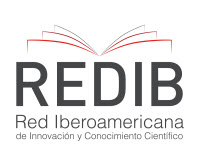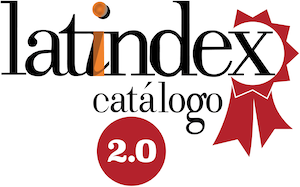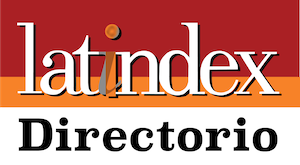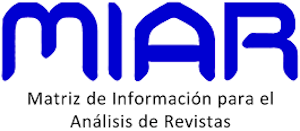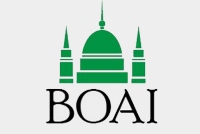Research map in education and Pedagogy of graduates and its social impact
DOI:
https://doi.org/10.32645/13906925.1214Keywords:
investigative map, graduated, region, territory, social impactAbstract
Education requires pedagogical transformations that allow the reflection of the research processes carried out by the graduates, from the different areas of knowledge; thus, in the self-evaluation processes of the programs, it is essential to understand the importance of the investigative pedagogical practice.
This article presents the results of a research work, where 86 research projects of the Bachelor’s program in Basic Elementary’s graduates from Universidad Mariana are analyzed, to determinate the social scope and propose a map of investigative trends that glimpse the relevant issues in our region from the perspective of territory, to propose a comprehensive description that allows a reading towards the configuration of regions and research trends. In this sense, from the explored works, they were deduced recurring themes, opacities, coordinates, theories, impacts on the region, geographical importance and the competences of the graduates for their development. Its methodological design is quantitative because it uses the collection and analysis of data to establish patterns of behavior in a population; in terms of the empirical-analytical approach, it is relevant to the study because it enables the review of the survey, interview and analytical review to establish relevances and opacities. Besides, the type of descriptive research allowed consolidating all the findings through an interpretation where the results are presented with a theoretical construction that strengthens their understanding and that made it possible to glimpse
a regional geography in relation to education and pedagogy from the perspective of the impact of the investigations.
References
Arnal, J., Del Rincón, D. y Latorre, A. (1992). Investigación educativa. Metodologías de investigación educativa. Labor.
Arroyave L. M., Restrepo, Y. C., Pino, J. W. y Valencia, L. A. (2021). La lúdica: herramienta para fortalecer la convivencia escolar. Infancias Imágenes, 20(2), 174-183. https://doi.org/10.14483/16579089.15560
Castoriadis, C. (1983). La institución imaginaria de la sociedad, marxismo y teoría revolucionaria. Tusquets.
Fernández, M. (2020). Fases del proceso metodológico [Archivo PDF]. Studocu. https://www.studocu.com/latam/document/universidad-central-de-venezuela/desarrollo-personal/fases-del-proceso-metodologico/7875286
Gélvez, H. (2001). La posprimaria. Ministerio de Educación Nacional.
Heller, A. (1977). Sociología de la vida cotidiana. Península.
Imbernón, F. (1994). La formación y el desarrollo profesional del profesorado. Graó.
Kemmis, S. (1988). El currículo más allá de la teoría de la reproducción. Morata.
Oficina de las Naciones Unidas contra la Droga y el Delito. (2021). Sistema Integrado de Monitoreo de Cultivos Ilícitos (SIMCI), Monitoreo de territorios afectados por cultivos ilícitos 2020 [Archivo PDF]. UNODC. https://www.unodc.org/documents/crop-monitoring/Colombia/Colombia_Monitoreo_de_territorios_afectados_por_cultivos_ilicitos_2020.pdf
Ospina Serna, H. F. y Murcia Peña, M. (Eds.). (2012). Regiones Investigativas en educación y pedagogía en Colombia: construcción de un mapa de la actividad investigativa de tesis de maestrías y doctorados en el periodo 2000-2010. CINDE Universidad de Manizales.
Pintos, J. L. (2002). El metacódigo, relevancia y opacidad en la construcción sistémica de las realidades. Revista de Investigaciones Políticas y Sociológicas, 2(1-2), 21-34.
Sabino, C. (1992). El proceso de investigación. Editorial Panapo.
Sampieri, R., Fernández, C., y Baptista, L. (2006). Metodología de la Investigación. McGraw-Hill.
Sánchez, O., Ávila, R., Chica, M. y Ramírez, C. (2012). Coordenadas teóricas para la comprensión de las regiones investigativas en educación y pedagogía en Colombia. Centro de Estudios Avanzados en Niñez y Juventud alianza de la Universidad de Manizales y el CINDE.
Serres, M. (1995). Atlas. Cátedra.
Stenhouse, L. (1984). Investigación y Desarrollo del Currículo. Morata.
Tamayo y Tamayo, M. (2007). El proceso de la investigación científica; incluye glosario y manual de evaluación de proyectos (4ª ed.). Limusa.
Valverde Riascos, O., Acosta Romo, M. F., Arteaga Flórez, A. L., Salazar Suárez, M. M., Mora Muñoz, M. A., Benavides, F., Valverde Riascos, O., Acosta Romo, M. F., Arteaga Flórez, A. L., Salazar Suárez, M. M., Mora Muñoz, M. A. y Benavides, F. (2022). Modelo de estudio de egresados universitarios: Experiencia de las facultades. Editorial UNIMAR. https://libros.umariana.edu.co/index.php/editorialunimar/catalog/book/162
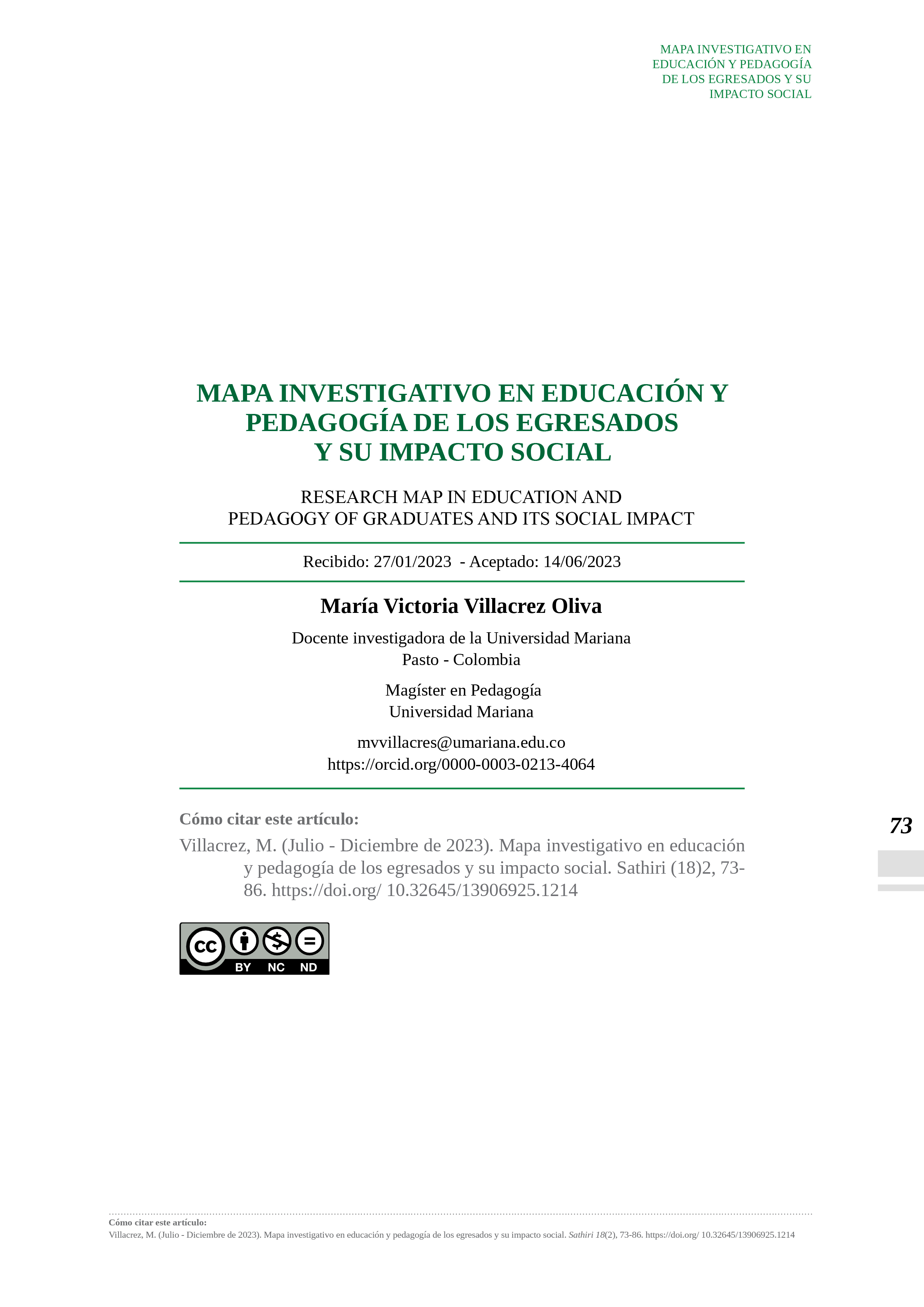
Downloads
Published
Issue
Section
License
Copyright (c) 2023 María Victoria Villacrez Oliva

This work is licensed under a Creative Commons Attribution-NonCommercial-NoDerivatives 4.0 International License.
El autor mantiene los derechos morales e intelectuales de su obra, autorizando a la editorial de la revista Sathiri la difusión y divulgación de su contenido con fines estrictamente académicos y de investigación, sin fines de lucro. Así mismo, se autoriza que la obra sea descargada y compartida con otras personas, siempre y cuando no sea alterada y se reconozca su autoria.






